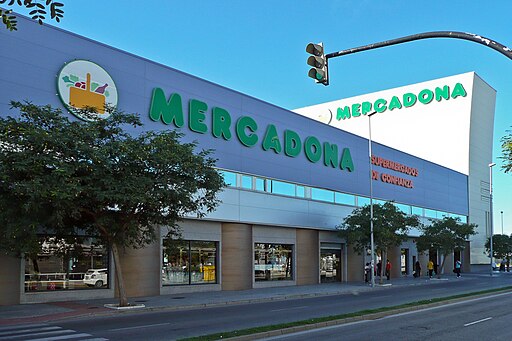
1st world problem I know, but I'm really cheesed off that my favourite supermarket here in Spain, Mercadona has phased out hand baskets - we're trolley only in my branch now, and while I've been suffering in silence about this for nine months or so, now is the time for the worm to turn.
So I wrote them a letter of complaint about it yesterday in both Spanish and English, so let's see what happens. (My money is on nothing, as corporations always value profit over customer convenience). Here...
read more